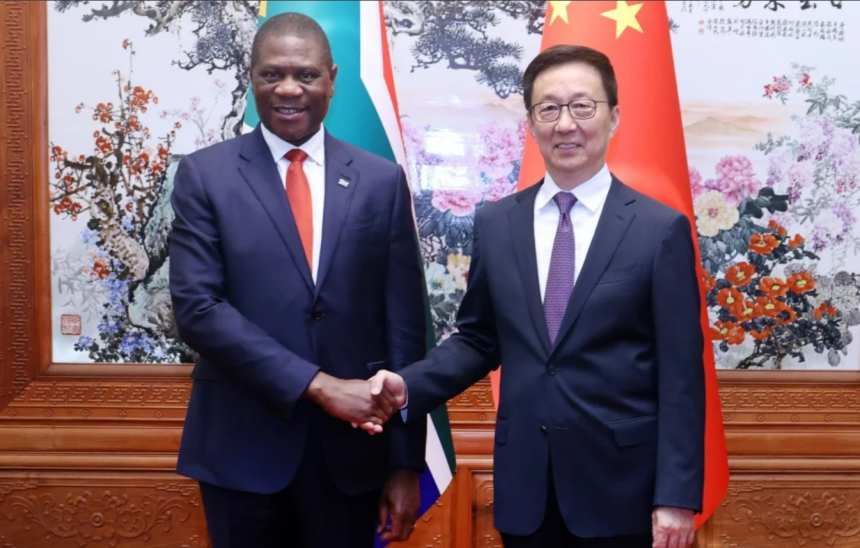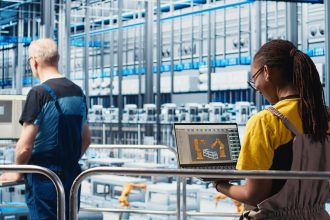South Africa, one of Africa’s largest economies and a key member of the BRICS alliance, is beginning to feel the weight of rising global trade tensions. With China as its largest trading partner, the country’s economic stability is now increasingly tied to the ebb and flow of tariff disputes and supply chain disruptions.
China remains a vital market for South Africa’s exports — particularly minerals, metals, and agricultural goods. However, new tariff barriers and shifting trade dynamics are creating uncertainty for South African producers. Higher costs of raw materials, combined with fluctuating demand, have raised concerns among local businesses about long-term sustainability.
At the same time, domestic pressures are mounting. Inflation has eroded household purchasing power, unemployment remains persistently high, and energy shortages continue to strain the economy. Many analysts argue that prolonged trade disputes could further weaken investor confidence, placing South Africa in a difficult position between sustaining growth and navigating global political tensions.
Despite these challenges, the South African government has signaled its intent to strengthen economic resilience. Officials have pushed for greater diversification of trade, expanding ties with the European Union, the United States, and other African nations. Additionally, efforts to modernize infrastructure and embrace green energy investments suggest that South Africa is seeking a long-term strategy to reduce reliance on volatile global markets.
Still, the coming year will be critical. As China faces its own economic slowdown and geopolitical pressure, South Africa may find itself forced to walk a fine line — protecting domestic industries while ensuring that its partnership with Beijing remains intact. For many citizens and businesses, the uncertainty surrounding tariffs and trade disputes is a stark reminder of just how vulnerable the country is to global economic shifts.






